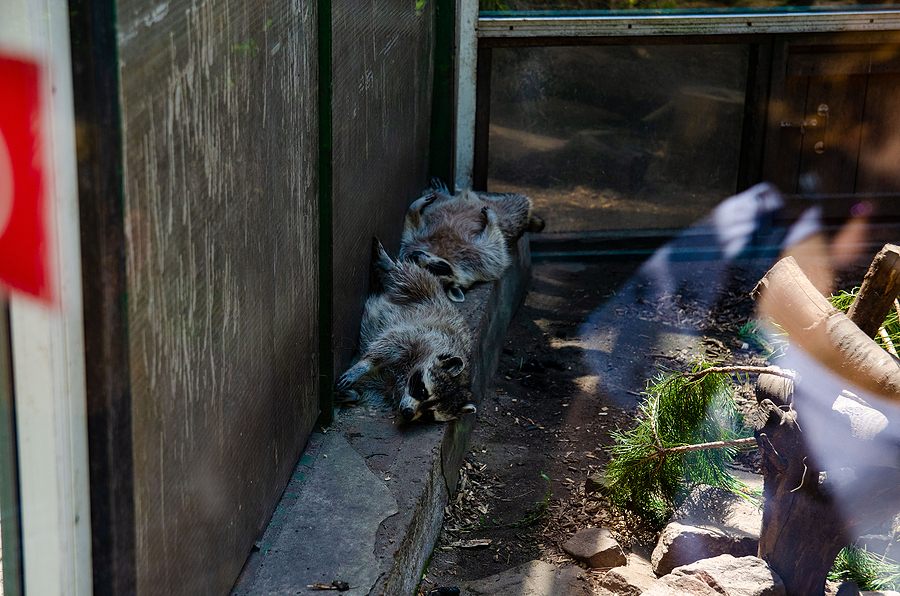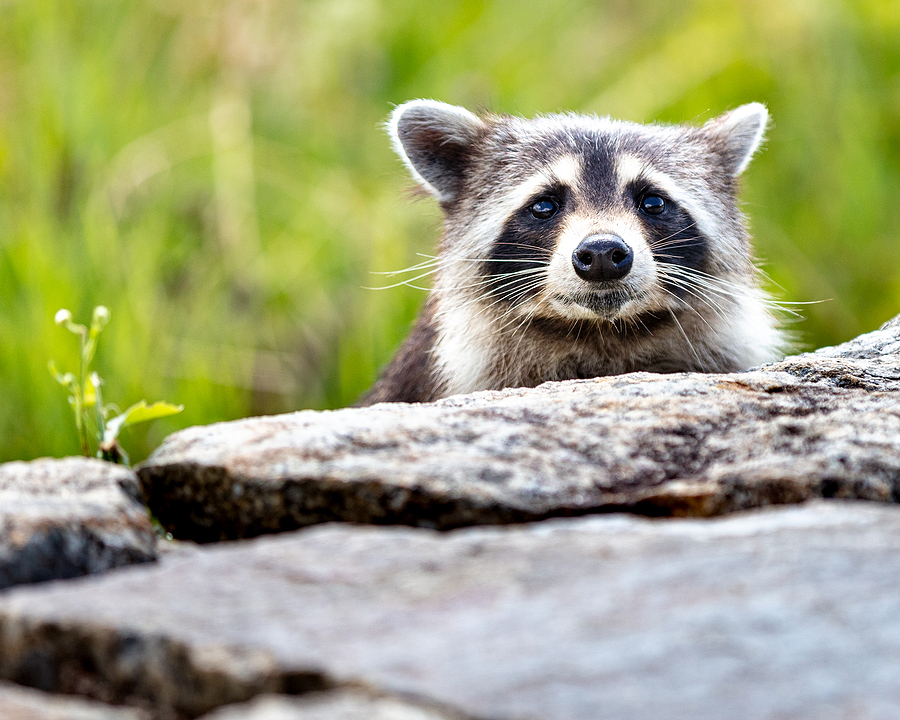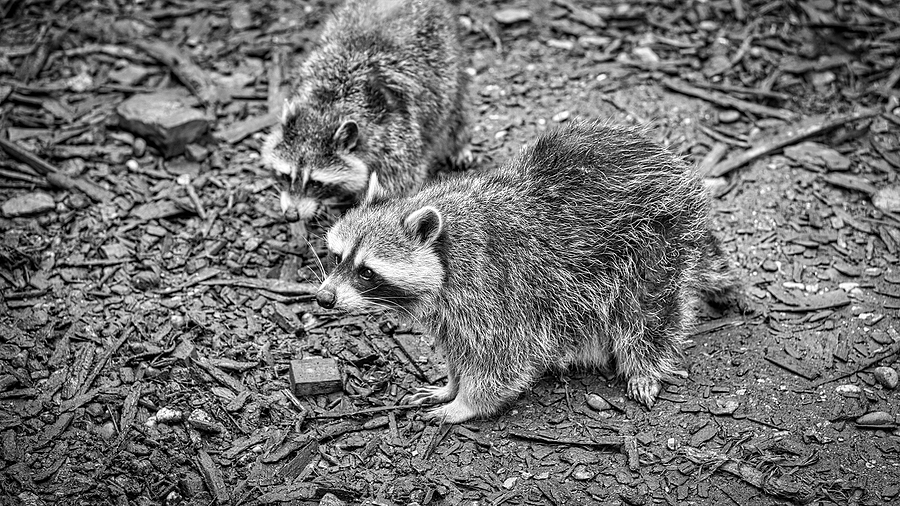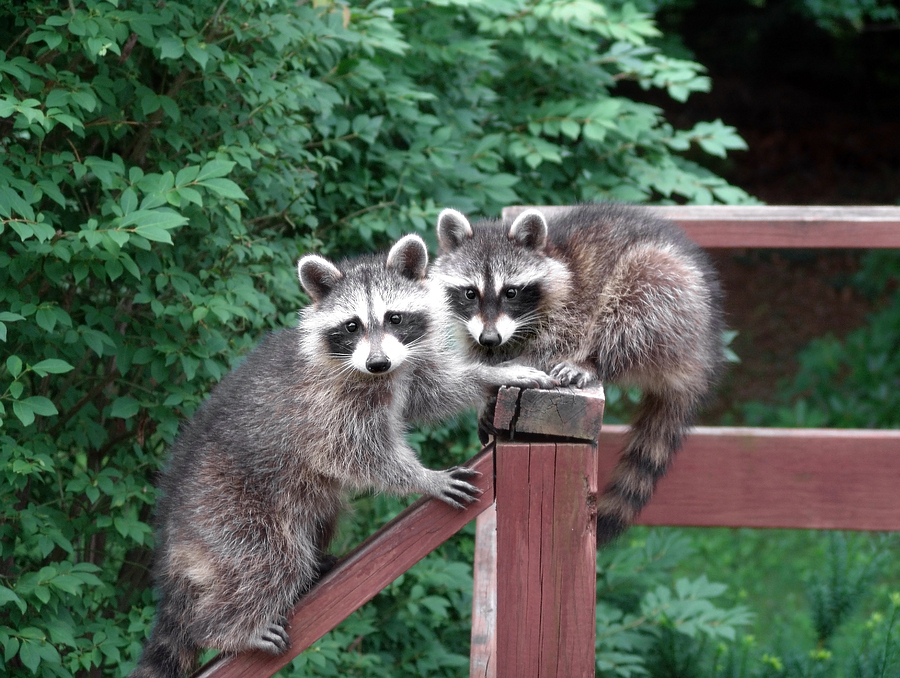Raccoons are incredibly smart and resourceful creatures. While we can admire their adaptability from afar, their tendency to raid garbage cans, damage property, and potentially spread diseases makes them a nuisance when they encroach upon human living spaces. Many repellents on the market use toxic chemicals that can harm not just raccoons, but also your pets and local environment. This guide will help you make your own non-toxic raccoon repellent that is safe to use in your garden and home.

Introduction to Raccoon Repellents
Using non-toxic repellents is not only safer for the environment and local wildlife, but it also reduces the risk of your pets or family members coming into contact with harmful substances. Non-toxic repellents can be just as effective as their chemical-laden counterparts, and oftentimes, they are as easy to make as a simple DIY project.
Materials Needed
Creating your non-toxic raccoon repellent can be a fun and interesting activity. You’ll find what you need below.
Ingredients:
◻ White vinegar
◻ Ground black pepper
◻ A few drops of dish soap
◻ 1 to 2 garlic bulbs
◻ 1 to 2 small onions
◻ Cayenne pepper or a hot sauce
◻ Water
Tools:
◻ Blender
◻ Spray bottle
◻ Strainer
◻ Protective gloves
◻ Airtight container for storage
◻ Notepad for tracking your recipe’s effectiveness
Step-by-Step Instructions
Step 1: Mixing the Ingredients
⇒ Peel and roughly chop the onions and garlic.
⇒ Fill the blender with water and add the chopped onions and garlic. Blend until you have a smooth, pulpy mixture.
⇒ Strain this mixture into your spray bottle, discarding the solids.
⇒ Add 1-2 tablespoons of ground black pepper, a few drops of dish soap, and a splash of hot sauce or cayenne pepper for an extra kick to the spray bottle. These ingredients will serve as irritants to raccoons but won’t cause any harm.
⇒ Finally, fill the spray bottle up with white vinegar.
Step 2: Application Methods
Spray the mixture on and around the areas that raccoons are known to visit. Make sure to reapply after rain or every 3-5 days for the best results. It’s particularly effective to spray the solution on your garbage cans, around your garden, or near pet feeding areas.
Step 3: Frequency of Application
Raccoons have a keen sense of smell, and they can also become accustomed to the scents over time, so it’s best to apply the repellent regularly, even if there is no visible sign of raccoon activity.
Step 4: Storage Tips
Remember that the strength and efficacy of your repellent might reduce over time. Store the mixture in a cool, dark place, and always shake well before use, especially if it’s been sitting on the shelf for a period.
Safety Precautions
The ingredients and their combinations should be safe for most applications but handling them with care is important.
⇒ Always wear protective gloves when cutting or handling spicy ingredients.
⇒ Any mixture that includes pepper and spices should be kept away from eyes and sensitive skin.
⇒ While the contents are non-toxic, they are meant to be a slight irritant. Keep the solution out of reach of children and pets and ensure treated areas in the garden are clearly marked.
Alternative Repellent Options
If creating a repellent isn’t your preferred method, there are other non-toxic options you can explore:
⇒ Install motion-activated sprinklers or lights to startle raccoons away.
⇒ Secure your trash cans with tight-fitting lids or bungee cords.
⇒ Use physical barriers, such as fences, to protect your garden and home.
⇒ Keep pet food indoors and consider feeding pets during the day.
⇒ Hiring a professional raccoon control service is another option. They can provide a variety of non-lethal deterrents and manage the removal of raccoons from your property humanely.
Conclusion
By choosing non-toxic raccoon repellents, you’re not only protecting the environment but also ensuring the safety of your family and pets. The DIY repellent shared in this guide is a safe and effective way to control raccoons on your property. Remember to be consistent in your application, stay observant of how raccoons react, and enjoy a raccoon-free zone without the use of harmful chemicals.
Do you want to safely remove raccoons and prevent future animal problems on your property? Contact Indianapolis Raccoon Removal at 317-535-4605 for prompt and professional Indianapolis raccoon control services you can trust.
Related Posts:
How to Determine if You Have an Infestation of Raccoons in Your Home
Top 10 Tips for Effective Raccoon Removal: Keep Your Property Safe
How Raccoon-Proof Do You Think Your House Is?






